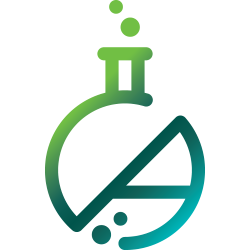What if the pursuit of happiness is NOT the path to greater life satisfaction? What if being more productive and getting more done isn’t actually the way to get ahead?
In this episode, I’m revisiting my conversation with author Oliver Burkeman about some of the ways in which we might want to re-examine our relationship to goals, happiness, and the things that are most important to us.
This is sometimes a bit painful. because so much of it has to do with confronting some of the hard limits that we like to pretend don’t exist. But, as you’ll hear, there is ultimately a profound relief and freedom to be found in facing finitude.
Key Takeaways
- Try to find satisfaction in the journey toward your goals, rather than postponing fulfillment until they are achieved.
- Cultivating your ability to be present to everyday, even mundane, moments can lead to a deeper appreciation of life as it unfolds.
- Understand that every choice has its consequences, and it’s impossible to avoid negative outcomes entirely.
- Some of the most meaningful experiences in life are not the result of meticulous planning or pursuit but unexpected and unplanned.
- Being present is a skill that can be practiced in everyday situations like waiting in line or working in the office–and not just on the meditation cushion or yoga mat.
Mentioned in this Episode
Upcoming Live Events for Meditations for Mortals
The Antidote: Happiness for People Who Can’t Stand Positive Thinking
